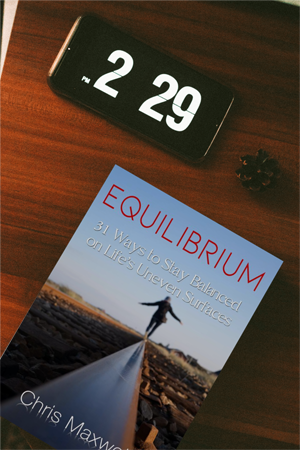Chapter 26: Care But Don’t Carry
Care But Don’t Carry
I love interviews. Usually.
Most conversations include questions and answers, stories and more questions, surprising turns and interesting takeaways. An answer to one question redirects original plans on a follow-up question. Smiles, laughter, tears. History and imagination and healing. I leave interviews feeling like a lifetime learner—gaining guidance from fellow travelers seeking some type of equilibrium on this spinning planet.
But some interviews leave me aching. Sadness shoves deep into myself, affecting more than my thoughts and emotions. My physical health hurt after I interviewed a group of friends.
They were people who spent their careers caring for other people: a few teachers, several pastors, a missionary couple, and two counselors. Years and decades invested into people. Energy devoted into the stories of others.
Part of our time together was for confessions. Benefiting from stating aloud the pain too often hidden within. No judgment. No critique. No assessment. Just a time to release the weight of wounds packed inside.
Tears came. Hugs came. People would nod as a physical symbol of relating to the story. People would stare straight toward the storyteller as an act of revealing, “I am listening to your story. You matter to me.” People would not rush the storytellers; time was not allowed to be an issue. Facial expressions and body language served as full disclosures: “I care for you.”
The diversity offered a mixture of ages and nationalities and experiences. Each one, though so unique in their stories, had these two realities in common: they loved people and they had been hurt by the people they loved. The younger ones felt pain. The older ones felt pain. Story after story, experience after experience, the narratives seemed to shift the climate of our room. Dull, gray clouds covered the atmosphere inside that eloquent conference room.
We shifted our time from confession to prayer for one another, then toward worship and meditation, then to Holy Communion. Every step in the journey lightened the room a bit. Each experience in the process offered healing. The evening ended with weights removed, relationships initiated, and hope restored. The final assignment for the night was to sleep well.
That’s not always easy.
(click here to save 20% – 40% on Equilibrium)
Questions
- What situations of others have you handled poorly and carried too long?
- Why did those circumstances hurt you so deeply?
- What can you do now to release those wounds?
- Who is available to help you?
- What steps should you take?

0 Comments